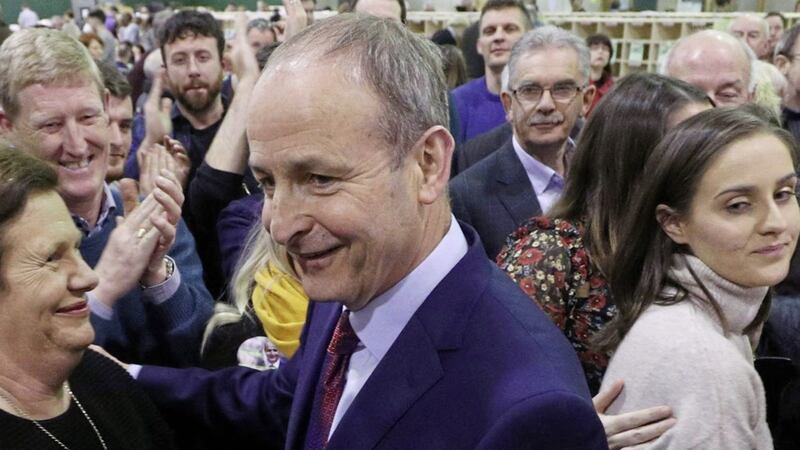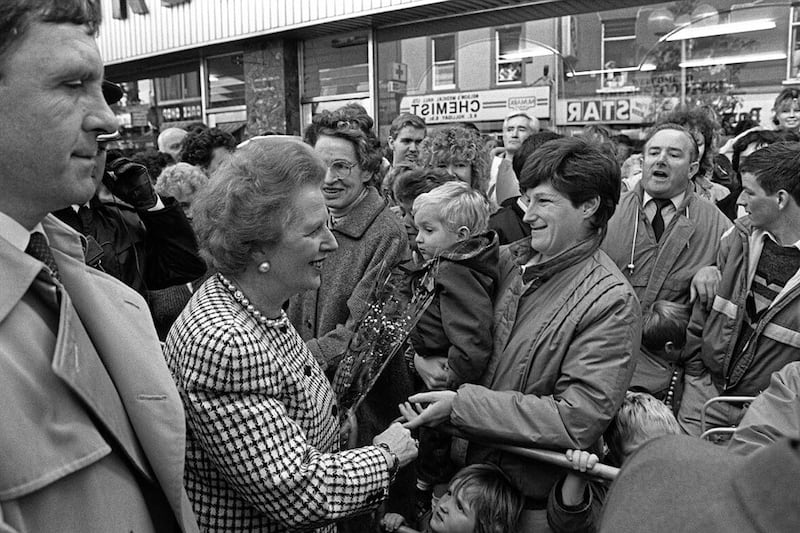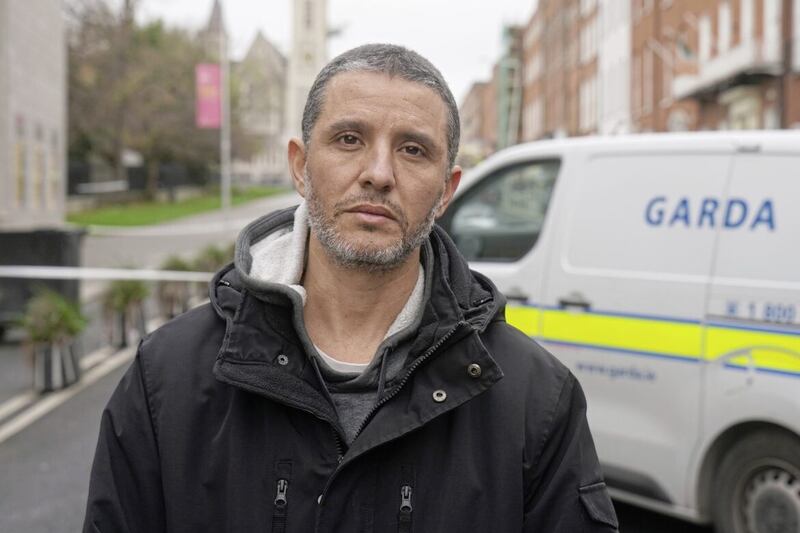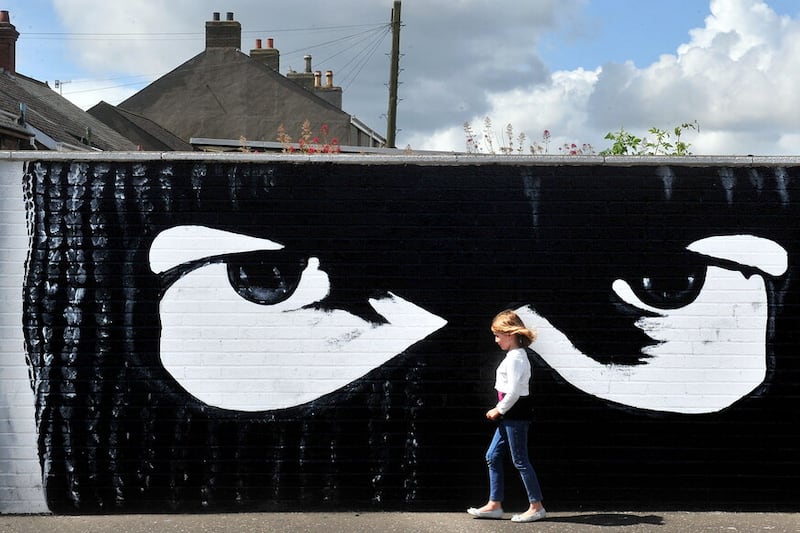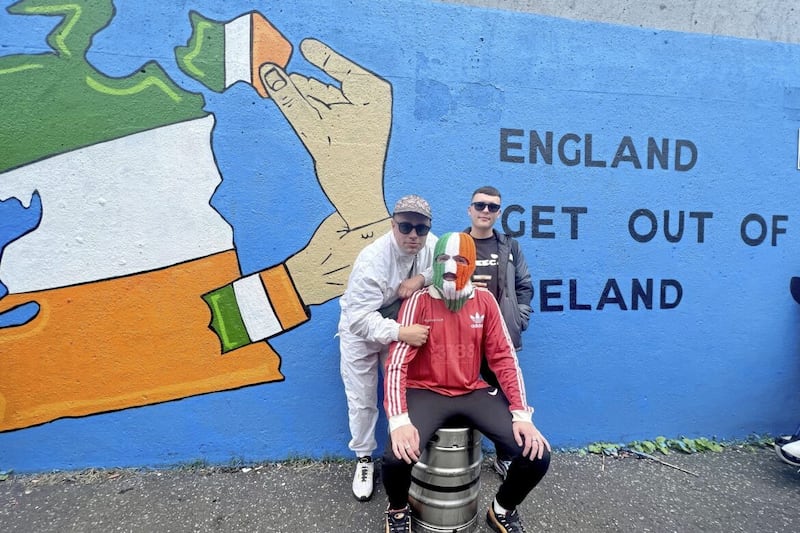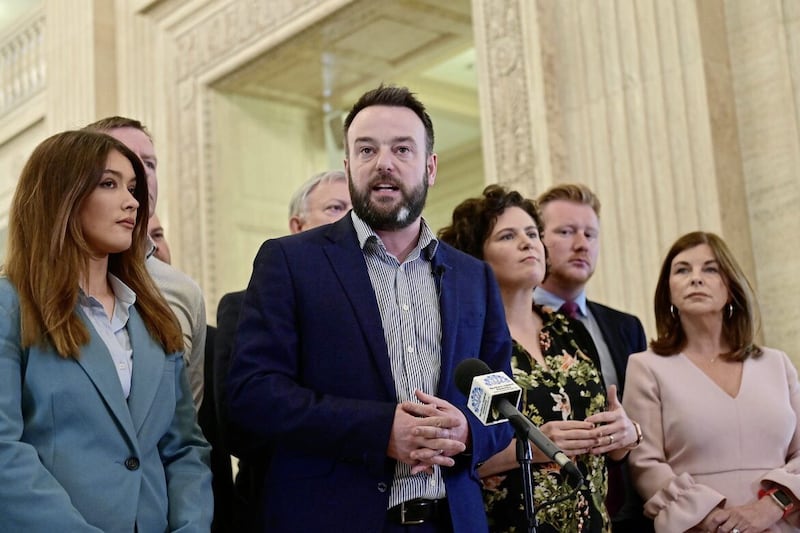The elections in the Republic have demonstrated that the public are simply fed up at being taken for granted. They want change.
Or is it that they just wanted attention?
Attention the two main parties of Fine Gael and Fianna Fáil were not offering.
In fairness, years of austerity and uncertainty have taken their toll. It is unsurprising that voters want to feel the benefits of the so called prosperity and buoyant economy often boasted about by government ministers.
Ten years of Fine Gael administration has left the public feeling, angry, cold and abandoned. The social achievements of Varadkar and his colleagues may have changed the perception of Ireland but for many they didn’t put a single loaf on a table or a shilling in the meter. In a country obsessed with home ownership (unlike many European countries) owning a home was becoming as unobtainable as finding gold at the end of a rainbow.
It is little wonder many turned to Sinn Féin, the party of rainbows to younger southern voters. It was as if Mary Lou was offering them a chance to raid the tuck shop.
The electoral bounce for Sinn Féin is phenomenal by any measurement and members are right to savour the moment.
One Irish commentator said it was not so much a Spring tide (a reference to when the Irish Labour Party won 33 seats in the Dail in 1992) as a Mary Lou roll.
What is clear is that many of those new voters attracted to Sinn Féin did not read their manifesto. Many first time Sinn Féin voters have said they want to pay less income tax and invest less money into public services. With Sinn Fein’s spending plans taxation increases are inevitable. They have pledged to plough more money into public services whilst at the same time abolishing property tax. Where does the funding come from?
Older voters have been attracted to the ballot box by the Sinn Féin promise to take back the retirement age to 65 when this is impractical and the cost of which will heavily burden those in their twenties and thirties. Their climate change policy makes no sense especially with regard to reducing carbon emissions.
Sinn Féin’s articulate leader, Mary Lou McDonald, has said the result is an endorsement of a move towards Irish unity -when unity came well down the priority list of most Irish voters.
The Sinn Féin manifesto is very similar to the type offered by Fianna Fáil to the electorate in the 1970s and 80s. A little bit of whatever you fancy on the never never. This approach had disastrous effects on the Irish economy.
All this said, if Mary Lou McDonald can pull together a government of the left then she should be taoiseach. The issue is that Sinn Féin has been far from radical in government in the north. In some ways the best coalitions are made up of parties which at face value have less in common with each other but have to thrash out a programme for government on a give and take basis. Parties of a similar hue in coalition tend to fish for voters in the same pond and when in government are tetchy about giving too much away to a competitor.
Before and in the immediate aftermath of the election results, the Sinn Féin leader said her preference was to form a government without Fine Gael and Fianna Fáil.
Now that preference is ebbing away, Sinn Féin now attacks Fianna Fáil for not agreeing to join an administration together.
Sinn Féin spokespersons have also said reluctantly they would talk to Fine Gael too about forming a government. This is the same Fine Gael which Sinn Féin derided as being comprehensively rejected by the electorate and oppressively right wing. Power does funny things to people.
The reality is that the Irish elections demonstrate the befuddled state of modern Irish politics.

